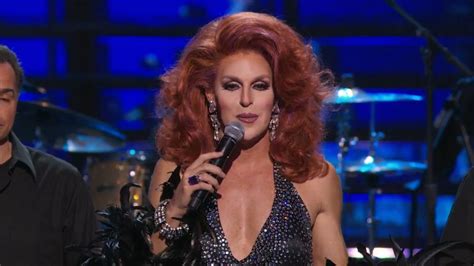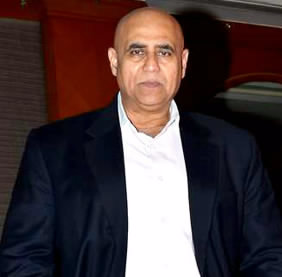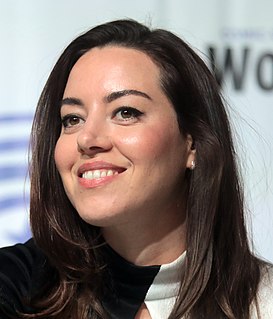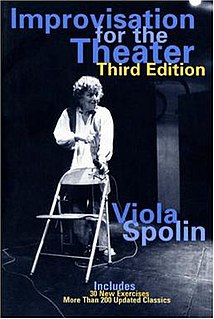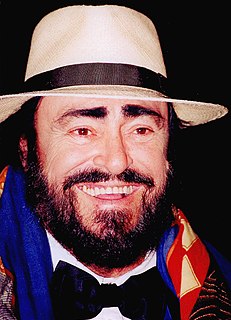A Quote by Randy West
For anyone who works in front of an audience there is no thrill quite like that of feeling and hearing the evidence of the audience members' enjoyment. Laughter and applause really are powerful.
Related Quotes
I definitely prefer the single camera better. For me it's the simple fact that I enjoy working in front of an audience, but when you're trying to create a suspension of disbelief it's much harder to do in front of audience because they become a partner. Moreso than that, they become in charge of the timing. From the simple, mechanical fact that you have to hold for their laughter. The actual timing of the scene is in the hands of the audience. As a control freak, I don't enjoy that as much as the ability to be able to control it in an edit room.
Having to stand in front of an audience and have it be your job to make them laugh, you can't really look to anyone but yourself. It's what you wrote, what you said and how you said it, so it's kind of terrifying, but I liked it. When it goes well, it's the best feeling in the world. When it doesn't go well, it's the worst feeling, but once you get into the rhythm of it, I think it's really fun.
Only in the theatre was it possible to see the performers and to be warmed by their personal charm, to respond to their efforts and to feel their response to the applause and appreciative laughter of the audience. It had an intimate quality; audience and actors conspired to make a little oasis of happiness and mirth within the walls of the theatre. Try as we will, we cannot be intimate with a shadow on a screen, nor a voice from a box.
An audience is the perfect thing to unleash venom and hate on. It doesn't necessarily mean you hate everyone in the audience but when you've got a so-called adoring mass in front of you, it's a perfect target for that kind of disgust. Sometimes you find yourself in a position where you're venting your disgust on an audience and a lot of them keep coming back 'cos they actually like that aspect. In a way that diffuses the feeling and you don't gel the same release.
All the shows we did pre-airdate, and I'd come out - "Rob Lowe!" - and it was [Offers bored applause.] After the show aired? I came out - "Rob Lowe!" - and the place was, like, bedlam. And then the next week, they wouldn't let anyone under the age of 20 into the audience. And I'm going, "So that's how it works! Okay!"
We played a show the other week at this festival and it was an audience that I'd never normally play in front of. That's one the greatest things about festivals: you don't always get your audience, you get people who just pop in out of curiosity. The reaction was amazing; there were people dancing, which we've never had, I guess because the message is pretty powerful and the performance is a lot more visceral than it has been previously. The audiences seem to be reacting to that really well and it's a wonderful thing, because at a performance you really bounce off your audience.
I started to make harder jokes before anyone else did. And the producers would get anxious. They'd say, 'That's a little bit hard-edged, isn't it?' And I'd say, 'Let's just try it and see how the audience reacts. If they don't like it, let's cut it out.' And the audience roared with laughter, so I learned you could do this harder humor and people loved it.
